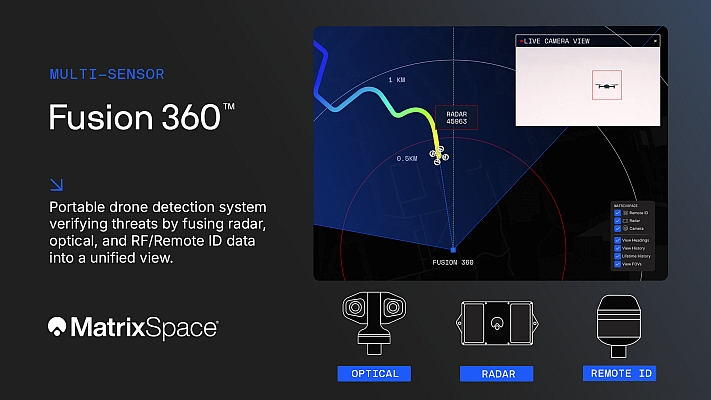The European Commission today, 16, adopted a communication on the state of play of the Galileo programme in response to a request from the Council of Ministers and the European Parliament.
The Commission notes that the Galileo roadmap needs adapting to meet the deadline of 2012 by when Galileo should be fully operable. The public-private partnership set up to implement Galileo needs to be reprofiled to enable Galileo to be brought into service in 2012.
"The Commission is doing everything it can to guarantee its success", said Jacques Barrot, Commission Vice-President responsible for transport. "Galileo will make a major contribution to Community policies, and embodies Europe’s ambitions in space, technology and innovation", he added.
The lack of progress in the negotiations on the concession contract, which provided for the deployment and management of the infrastructure by the private sector, is posing a serious threat to the completion of the project.
The Commission proposes adapting the roadmap to enable the timetable and costs to be monitored more closely and to give the satellite radio navigation applications and services industries a greater sense of security as to when Galileo signals will actually become available.
The Commission shows that the most beneficial, the most realistic and, in the long term, the most economic option will be for all the initial infrastructure to be put in place while being piloted and financed by the public sector. In contrast, the operation of the system will be entrusted to a private concession holder.
The Commission calls on the EU Member States to take the necessary decisions in terms of policy, finance and programme management to enable the project to be completed as soon as possible and to meet the needs of satellite navigation market users.
For more information about Galileo, please see:
http://ec.europa.eu/dgs/energy_transport/galileo/index_en.htm
http://www.esa.int/export/esaSA/navigation.html






